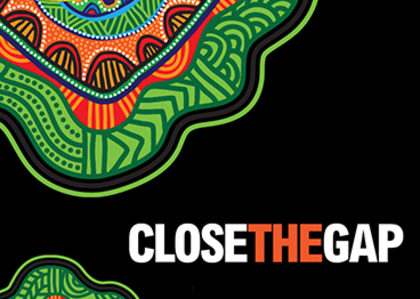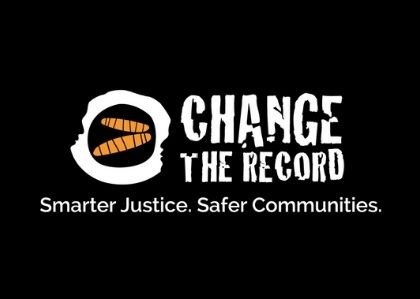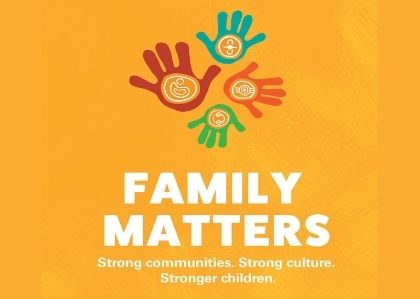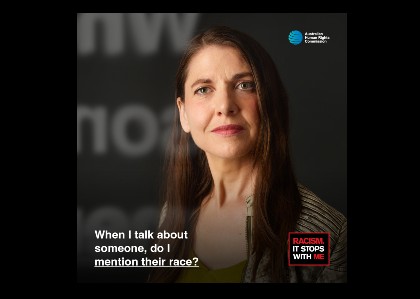Close the Gap
Australia’s peak Indigenous and non-Indigenous health bodies, NGOs and human rights organisations are working together to achieve equality in health and life expectancy for Aboriginal and Torres Strait Islander peoples.
The Close the Gap Campaign aims to close the health and life expectancy gap between Aboriginal and Torres Strait Islander peoples and non-Indigenous Australians within a generation.
The campaign is built on evidence that shows significant improvements in the health status of Aboriginal and Torres Strait Islander peoples can be achieved by 2030.
Change the Record
In the past 10 years we have seen a 88% increase in Aboriginal and Torres Strait Islander people ending up in prison.
Aboriginal and Torres Strait Islander people – especially women and children – are experiencing increasing amounts of violence with Aboriginal and Torres Strait Islander women 34 times more likely to be hospitalised as a result of family violence.
Reconciliation Australia is a member of the National Justice Coalition. Together, we can find a way to change the record.
Family Matters
Family Matters aims to eliminate the over-representation of Aboriginal and Torres Strait Islander children in out-of-home care by 2040.
Family Matters is led by SNAICC – National Voice for our Children and is supported by a Strategic Alliance of over 150 Aboriginal and Torres Strait Islander and non-Indigenous organisations, including Reconciliation Australia, and many leading academics and prominent educational institutions.
Racism. It Stops With Me.
Racism. It Stops With Me is a national campaign to help people and organisations learn about racism and take action to create change.
The campaign – which was relaunched in July 2022 – focuses on the role of racism in shaping society, the way we see ourselves and how we interact with one another.
No matter how challenging the conversation, we need to talk about racism and the causes of inequality.







